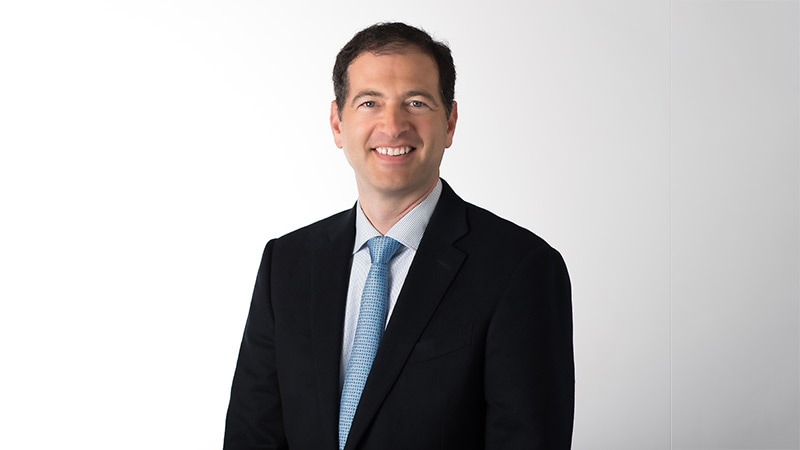核心概念
AMA President discusses key healthcare issues and initiatives.
要約
The president of the American Medical Association (AMA), Jack Resneck Jr, MD, shared insights on various healthcare topics during a meeting with Medscape editors. The discussion covered government interference in healthcare, prior authorization challenges, Medicare payment reforms, scope creep, telehealth support, and physician burnout. Resneck emphasized the importance of bipartisan collaboration and advocacy efforts to address these critical issues.
Highlights:
- Resneck discussed the AMA Recovery Plan for America's Physicians.
- The AMA's stance on government interference and funding lawmakers.
- Efforts to address physician burnout and prior authorization challenges.
- The impact of Medicare and private insurance reimbursement on physician practices.
- The role of AI technologies in reducing physician burnout.
- The involvement of student/resident members in shaping AMA policy.
- Views on the role of NPs and PAs in the healthcare team.
要約をカスタマイズ
AI でリライト
引用を生成
原文を翻訳
他の言語に翻訳
マインドマップを作成
原文コンテンツから
原文を表示
www.medscape.com
AMA President on Fighting Prior Auth, Scope Creep, and More
統計
The AMA gave $414,000 to Republicans in the 2021-2022 cycle.
Physicians are facing an average of 45 prior authorizations per week.
Over 300 votes in the House were in favor of a bill addressing prior authorization.
引用
"You can't yoga your way out of burnout."
"We don't just put out statements."
"I am exhausted by the prior authorization fights for evidence-based things."
抽出されたキーインサイト
by Medscape Edi... 場所 www.medscape.com 05-19-2023
https://www.medscape.com/viewarticle/992222
深掘り質問
How can the AMA balance its nonpartisan stance with funding lawmakers who may oppose key issues?
The AMA can balance its nonpartisan stance with funding lawmakers who may oppose key issues by maintaining open communication and engagement with all policymakers, regardless of their political affiliations. While the AMA's PAC operates independently, it is essential for the organization to continue advocating for its policies and priorities to all members of Congress. By engaging in discussions with lawmakers who may have differing views, the AMA can work towards finding common ground and advancing its agenda. It is crucial for the AMA to emphasize the importance of bipartisan collaboration in addressing healthcare challenges and to continue advocating for policies that benefit both physicians and patients.
Should the AMA consider tying its financial support to lawmakers' alignment with its policy positions?
The AMA should consider tying its financial support to lawmakers' alignment with its policy positions to ensure that its contributions are in line with its advocacy efforts. While the AMA's PAC operates independently, aligning financial support with lawmakers who support the organization's key issues can serve as a powerful lever to influence policy decisions. By strategically directing financial support to lawmakers who are aligned with the AMA's policy positions, the organization can strengthen its advocacy efforts and promote policies that benefit physicians and patients. However, it is essential for the AMA to continue engaging with policymakers from all sides to advance its agenda in a nonpartisan manner.
How can AI technologies be effectively integrated to reduce physician burnout and improve healthcare delivery?
AI technologies can be effectively integrated to reduce physician burnout and improve healthcare delivery by focusing on evidence-based approaches, transparency, and validation of AI tools. It is crucial for AI tools to undergo rigorous testing and validation, similar to drugs or devices, to ensure their effectiveness and safety in clinical practice. By promoting transparency in the development and implementation of AI technologies, physicians can make informed decisions about the tools they use and trust. Additionally, AI can be leveraged to streamline administrative tasks, such as prior authorization processes, and enhance clinical decision-making, ultimately reducing the burden on physicians and improving patient care. Collaborative efforts between AI developers, healthcare providers, and policymakers are essential to harness the full potential of AI in healthcare and address the challenges of physician burnout.
0
